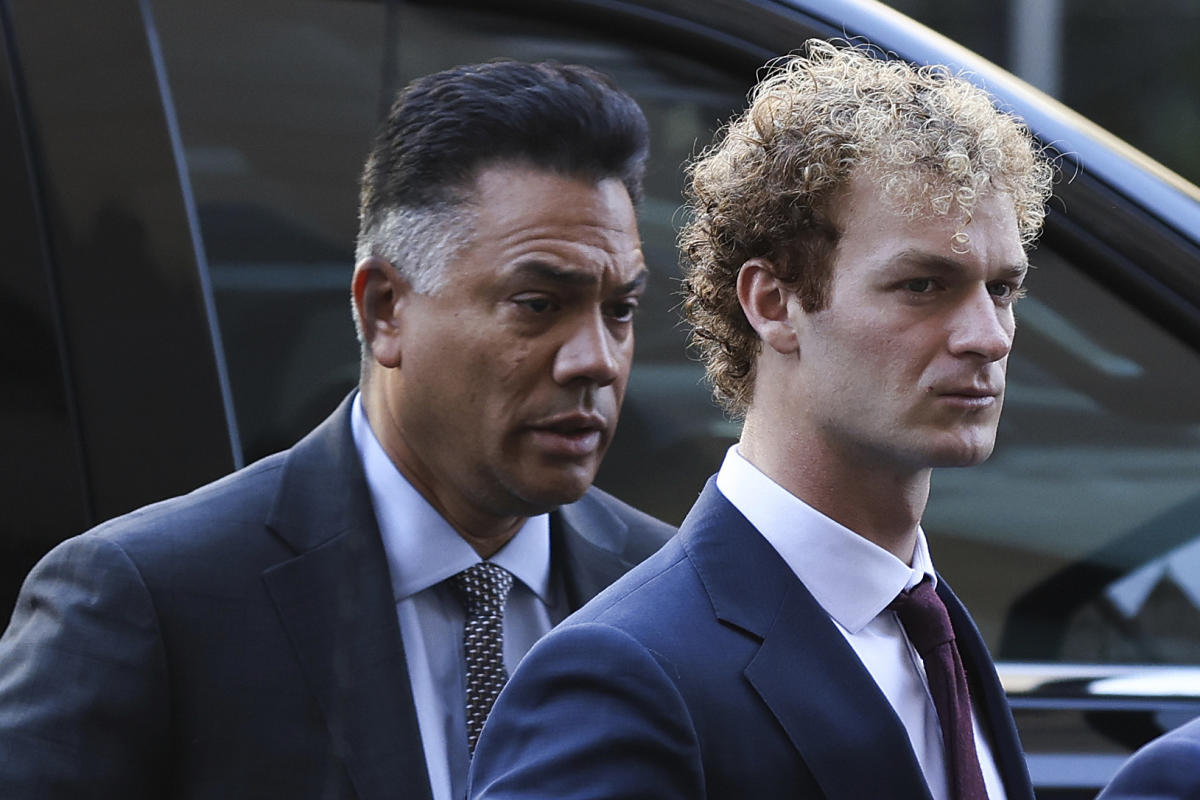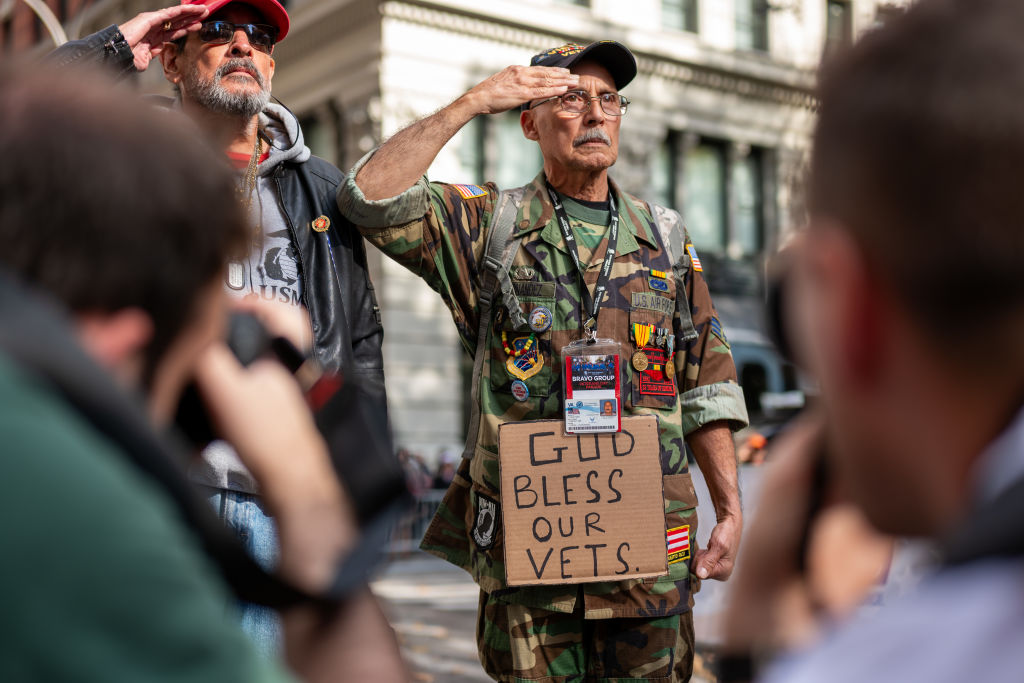
NEW YORK (AP) — The judge in Daniel Penny’s subway chokehold manslaughter trial urged jurors to continue their deliberations on Friday morning after they told him they couldn’t reach a unanimous vote on the top charge.
The jurors had sent Judge Maxwell Wiley a note stating they were “unable to come to a unanimous vote on count 1.”
Wiley then read them what’s known as an Allen charge — an instruction urging them to make every possible effort to reach a verdict.
Advertisement
Advertisement
Penny’s lawyers protested the judge reading the order to the jury, suggesting it could be “coercive.” But the judge pushed back, saying the case is factually complicated.
Penny, a Marine veteran, is facing charges of manslaughter and criminally negligent homicide in the death of Jordan Neely, who Penny held in a chokehold for about six minutes on a New York City subway on May 1, 2023.
Criminally negligent homicide carries punishments ranging from probation to up to four years in prison. The charge of manslaughter, a more severe offense, carried up to 15 years.
Criminally negligent homicide involves engaging in serious “blameworthy conduct” while not perceiving such a risk. Manslaughter, meanwhile, requires proving that a defendant recklessly caused another person’s death.
Advertisement
Advertisement
Prosecutor Dafna Yoran remarked that “it would be a crazy result to have a hung jury” just because they can’t get to the second count.
The jury has made several requests to the judge since entering deliberations Tuesday.
They asked to review the police and bystander video at the center of the trial. They requested a readout of a city medical examiner’s testimony during the monthlong trial. They also asked the judge to re-read the criminal definitions of recklessness and negligence in open court and be provided with written copies of the statutes.
During the monthlong trial, the anonymous jury heard from witnesses, police, pathologists, a Marine Corps instructor who trained Penny in chokehold techniques, as well as Penny’s relatives, friends and fellow Marines. Penny chose not to testify.
Advertisement
Advertisement
More in U.S.
Penny’s lawyers have said he was protecting himself and other subway passengers from a volatile, mentally ill man who was making alarming remarks and gestures.
Prosecutors said Penny reacted far too forcefully to someone he perceived as a peril, not a person.
Neely, 30, was a sometime subway performer with a tragic life story: His mother was killed and stuffed in a suitcase when he was a teenager. His adult life spiraled into homelessness, psychiatric hospitalizations, drug abuse and criminal convictions, including for assaulting people at subway stations.
Penny, 26, went on to study architecture. He is white. Neely was Black.
Advertisement
Advertisement
The case became a flashpoint in the nation’s debate over racial injustice and crime, as well as the city’s ongoing struggle to deal with homelessness and mental health crises in a transit system used by millions of New Yorkers every day.
There were sometimes dueling demonstrations outside the courthouse, and high-profile Republican politicians portrayed Penny as a hero while prominent Democrats went to Neely’s funeral.
EMEA Tribune is not involved in this news article, it is taken from our partners and or from the News Agencies. Copyright and Credit go to the News Agencies, email news@emeatribune.com Follow our WhatsApp verified Channel




